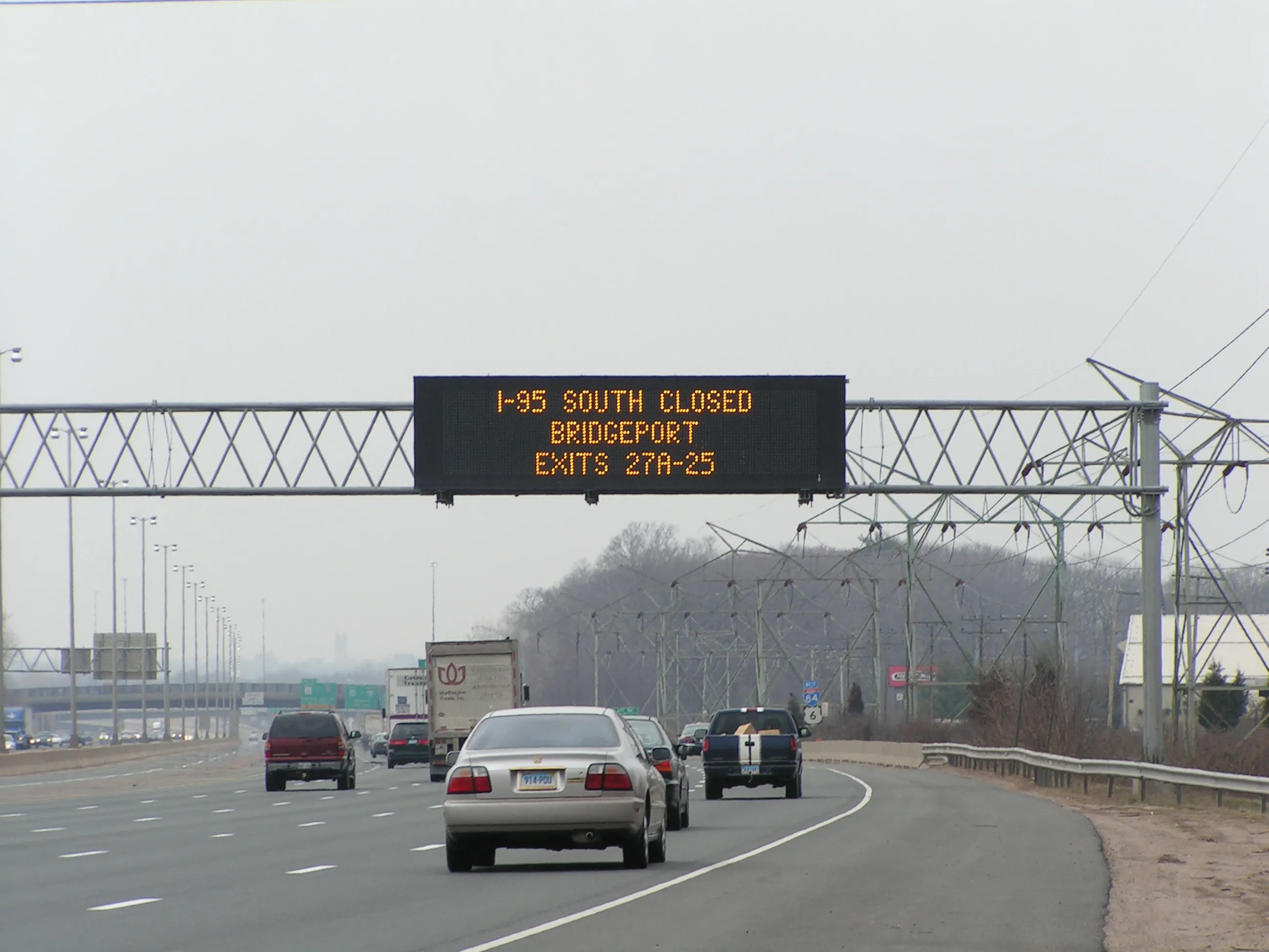
In a US$2.59 million contract, Dynamics (
The Oklahoma Department of Transportation (ODOT) awarded IRD the contract for work at Interstate-35 northbound in Love County. This is the fourth such system to be supplied by IRD, as ODOT continues with deployment of additional systems throughout the state.
The system allows trucks with compliant weight, dimensions and credentials to bypass the port-of-entry inspection station at highway speeds. This reduces the number of trucks that stop, meaning port officials can focus on potentially high-risk or non-compliant commercial vehicles.
IRD is supplying its weigh-in-motion (WIM) and intelligent Roadside Operation Credentialing (iROC) system. The iROC uses licence plate reader (LPR) and USDOT reader technology, vehicle dimensioning, integrated static scale, video verification, vehicle movement compliance and operational and reporting software.
This site will be added to the IRD-supplied host operations and maintenance operations management system. This will provide ODOT with a complete picture of activity across this and other POE locations state-wide.
The systems provide a central repository for data with a web-based data access tool to provide real-time information, historical reporting and business intelligence through one system portal. The maintenance operations management system also provides ongoing site health monitoring and equipment status information.
IRD, based in the Canadian province of Saskatchewan, also recently provided the province of British Columbia with variable speed limit signs along three highways - 99, 5 and 1. Their high elevations in the Rocky Mountains make them especially prone to rapid weather changes.
Static message signs at the entrance to each corridor inform travellers they are entering a variable speed zone. A digital message sign (DMS) at the beginning of each corridor warns drivers of changing weather conditions. Flashing lights above each variable speed limit sign are activated when a reduced speed limit is in effect.
Traffic, road and visibility sensors monitor real-time traffic speeds as well as road and weather conditions to provide recommended reduced speeds back to operations staff who then adjust the electronic signs to let drivers know what speed they should be travelling for the current conditions. Webcams installed along each of the routes monitor traffic and weather conditions to provide drivers and highway operators with real-time information on road conditions.









